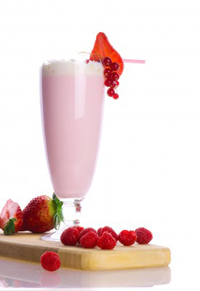Charity Calls for Energy Drink Ban for Under 16s

Action on Sugar, a charity that campaigns to reduce sugar content in popular foods and promote healthy eating habits to tackle soaring rates of dental disease and obesity, has called for energy drinks to be banned for children under the age of 16 years old.
The charity is campaigning for products that contain up to 20 teaspoons of sugar, to be banned for under 16’s in a bid to reduce rates of dental decay and childhood obesity. The charity believes that many of the products are marketed to attract children with bright colours and appealing logos and has called for a ban in addition to the introduction of measures to ensure that children are made aware of the risks of consuming too much sugar.
Some energy drinks contain up to 78g of sugar in a 500ml serving, which is far greater than the recommended daily intake of 25g for an adult woman, according to the Scientific Advisory Committee on Nutrition. The worrying thing is that in addition to these drinks, many children are also consuming sweets, biscuits, cakes and fast food, all of which are packed with added sugars.
Action on Sugar completed a study involving 197 energy drinks and 78 per cent would be classed with a red label for sugar content. 101 of the drinks contained the same amount or more sugar than Coca Cola, the most popular fizzy drink on the market, which contains 9 teaspoons of sugar per 330ml serving.
The highest sugar content was found to be in Rockstar Punched Energy plus Guava. This drink had a staggering 20 teaspoons of sugar in a 500ml serving. The study also found that there were some products available, which had much lower sugar content, including Monster Khaos Energy and Juice, which has 7.8g of sugar per 100ml.
Last year, NICE (the National Institute for Clinical Excellence) issued new guidelines related to sugar consumption and urged people to avoid fizzy pop and energy drinks.
Nutritionist Kawther Hashem, from Action on Sugar, describe the sugar content of some of the products as “disgraceful” and warned that excessive sugar consumption increases the risk of type 2 diabetes, obesity and tooth decay.
Join this Discussion









